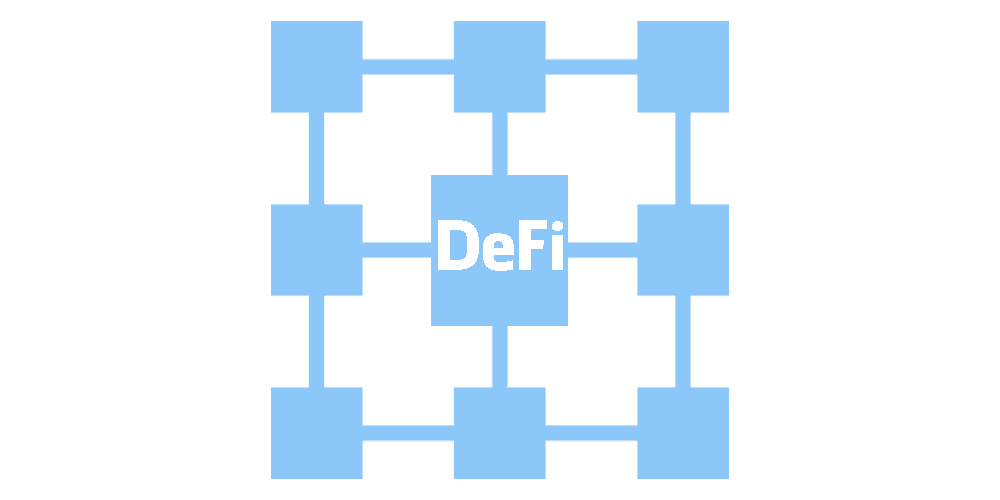To answer the question “Why is DeFi important?”, we should learn more about DeFi.
What is DeFi?
DeFi, short for decentralized finance, encompasses various financial services on public blockchains, mainly Ethereum. It allows you to perform similar activities as traditional banks, such as earning interest, borrowing, lending, wallet, purchasing insurance, trading derivatives and assets, and more. The key difference is that DeFi is quicker, eliminates the need for paperwork, and doesn’t rely on intermediaries. Like cryptocurrencies in general, DeFi is accessible worldwide, operates directly between individuals without a centralized system, maintains user anonymity, and welcomes everyone.
What are the benefits?
- Open: You can gain access simply by creating a wallet, without the need to apply for anything or “open” an account.
- Pseudonymous: You are not required to give your name, email address, or any personal details.
- Flexible: You have the freedom to transfer your assets whenever and wherever you want, without needing permission, waiting for lengthy transfers, or paying high fees.
- Fast: Interest rates and rewards frequently change rapidly (as fast as every 15 seconds), and may be considerably higher.
Transparent: It is rare for private corporations to grant such transparency, but everyone involved can view the complete set of transactions.
How does it work?
Users usually interact with DeFi through dapps, which are software programs running on the Ethereum blockchain. Unlike traditional banks, there is no need to fill out an application or open an account.
Here are some of the ways people are engaging with it:
- Lending
- Getting a loan
- Trading
- Saving for the future
- Buying derivatives
Why is DeFi important?
Finally, we can simply understand about it, so now we can answer this question. DeFi builds upon the foundation of Bitcoin, which is digital currency, and goes further by establishing a complete digital substitute. It eliminates the expenses related to physical infrastructure like office buildings, trading floors, and high banker salaries. As a result, it has the capability to establish financial markets that are more inclusive, transparent, and equitable, accessible to anyone with an internet connection.
